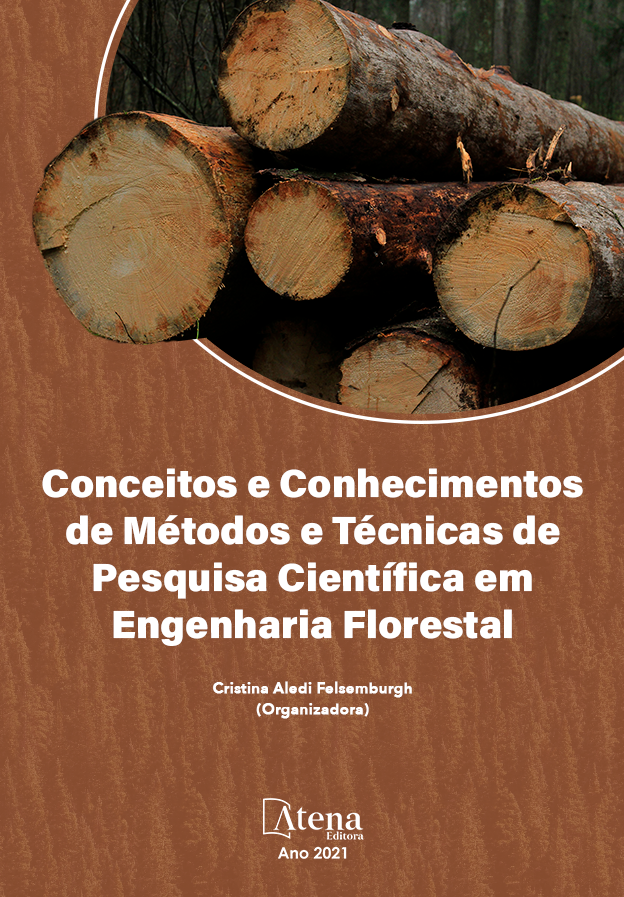
O DESMATAMENTO DA FLORESTA AMAZÔNICA E A FRAGMENTAÇÃO DE HABITATS NATURAIS: COMO A DEGRADAÇÃO AMBIENTAL IMPULSIONA O SURGIMENTO DE ZOONOSES
Este artigo aborda os impactos trazidos pelo desmatamento da floresta amazônica na fragmentação de habitats naturais, considerando que as mudanças ambientais induzidas pelo homem modificam a estrutura populacional da vida selvagem, afetando a biodiversidade e influenciando na dinâmica das espécies, resultando em condições ambientais que favorecem determinados hospedeiros, vetores e/ou patógenos. Analisa como a alteração nos ecossistemas naturais reduz a capacidade do ambiente de controlar infecções e desestabiliza a interação patógeno-hospedeiro, ocasionando falha no controle da dispersão de organismos patogênicos. Argumenta que as perdas florestais levam a vida selvagem a se aproximar dos assentamentos humanos, gerando o surgimento e proliferação de doenças infecciosas que, por fim, representam riscos consideráveis para a saúde pública. Especificamente trata acerca do impacto que a exploração na região amazônica causa na perda de biodiversidade, apontando como principais causadores da destruição de áreas florestais as práticas de expansão agrícola e ocupação humana. Por fim, levanta a discussão sobre quais seriam as soluções cabíveis para uma mudança socioambiental adequada, para que não se culmine numa grande onda de zoonoses.
O DESMATAMENTO DA FLORESTA AMAZÔNICA E A FRAGMENTAÇÃO DE HABITATS NATURAIS: COMO A DEGRADAÇÃO AMBIENTAL IMPULSIONA O SURGIMENTO DE ZOONOSES
-
DOI: 10.22533/at.ed.27721130113
-
Palavras-chave: biodiversidade; ecossistemas; epidemia; meio ambiente; política florestal.
-
Keywords: biodiversity; ecosystems; epidemic; environment; forest policy.
-
Abstract:
This article addresses the impacts of deforestation of the Amazon forest in the fragmentation of natural habitats, whereas human-induced environmental changes modify the population structure of wildlife, affecting biodiversity and influencing the dynamics of species, resulting in environmental conditions that favor certain hosts, vectors and/or pathogens. Analyzes how the change in natural ecosystems reduces the environment's ability to control infections and destabilizes the pathogen-host interaction, causing failure in the control of pathogenic organisms dispersion. Argues that forest losses lead the wildlife to approach human settlements, generating the emergence and proliferation of infectious diseases that, in turn, represent considerable risks to public health. Specifically it deals with the impact that the exploration in the Amazon region causes in the biodiversity loss, pointing out how the main causes of the destruction of forest areas the practices of agricultural expansion and human occupation. Finally, raises the discussion about what would be the appropriate solutions for an adequate socio-environmental change, so that it doesn't culminate in a big wave of zoonoses.
-
Número de páginas: 10
- Beatriz John Kettermann
- Karina Wegermann


